Are you passionate about games and eager to transform your creativity into a rewarding career? Futureworks offers an engaging Game Art degree designed to equip you with a versatile skill set, making you a sought-after talent in the industry.
If you’re currently studying art or a related creative subject in sixth form or college and want to elevate your artistic and design abilities whilst diving deep into the world of game development, this degree is perfect for you.
Our curriculum provides a comprehensive array of technical skills, allowing you to specialise in key disciplines within the games industry. You’ll be guided by our expert tutors, all of whom are active professionals in the field. This ensures our course content stays up-to-date with the latest industry trends, so you’re always learning skills that are relevant and in-demand.
Awarding institution:

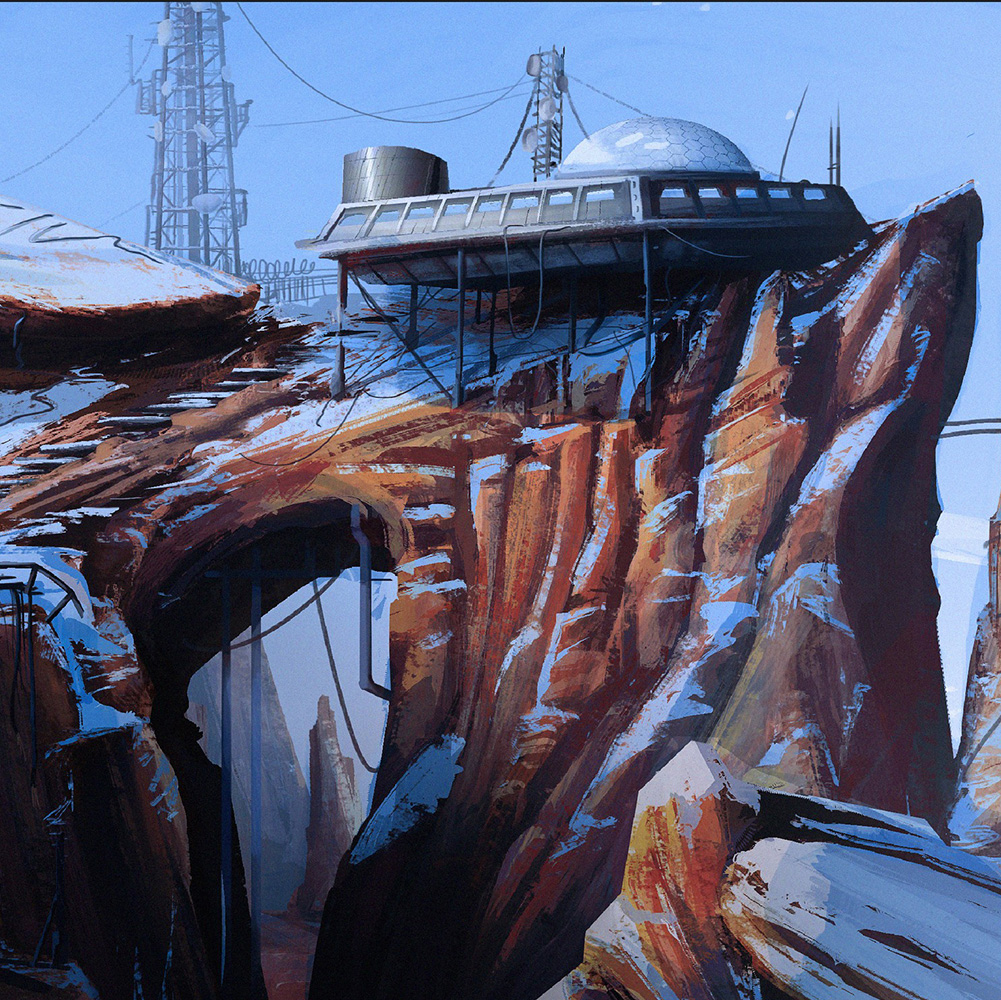
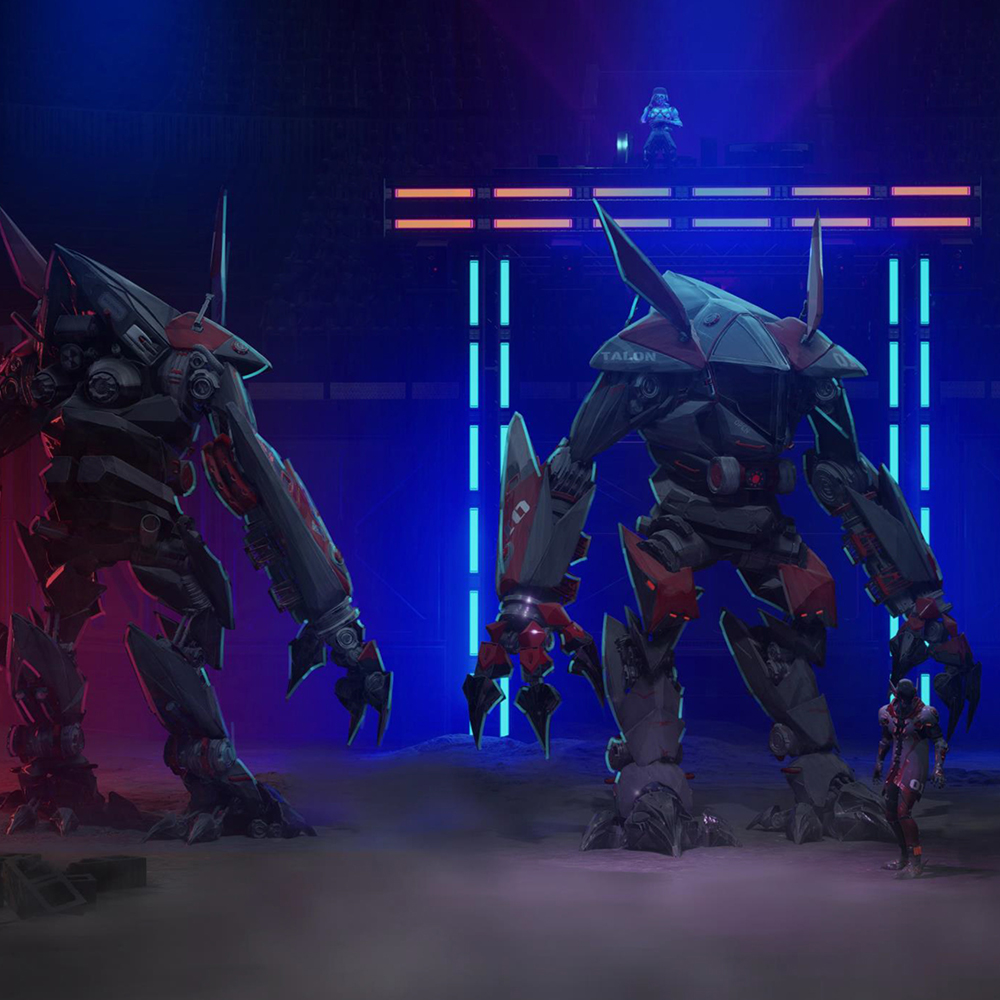
With such a broad range of artistic abilities under your belt, it is difficult to list all the roles in this growing industry that are available. However, successful graduates from the Game Art degree will be in pole position to become 2D Artists, 3D Environment Artists, 3D Character Artists and 3D Technical Artists. With opportunities becoming widely available both in the UK and overseas, this is the course that could allow you to become part of the next generation of inspirational Game Artists.
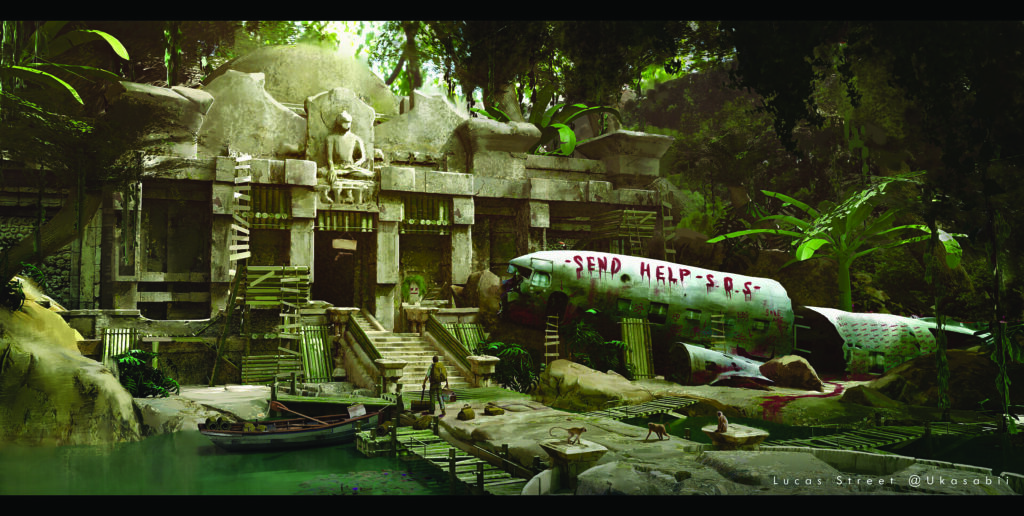
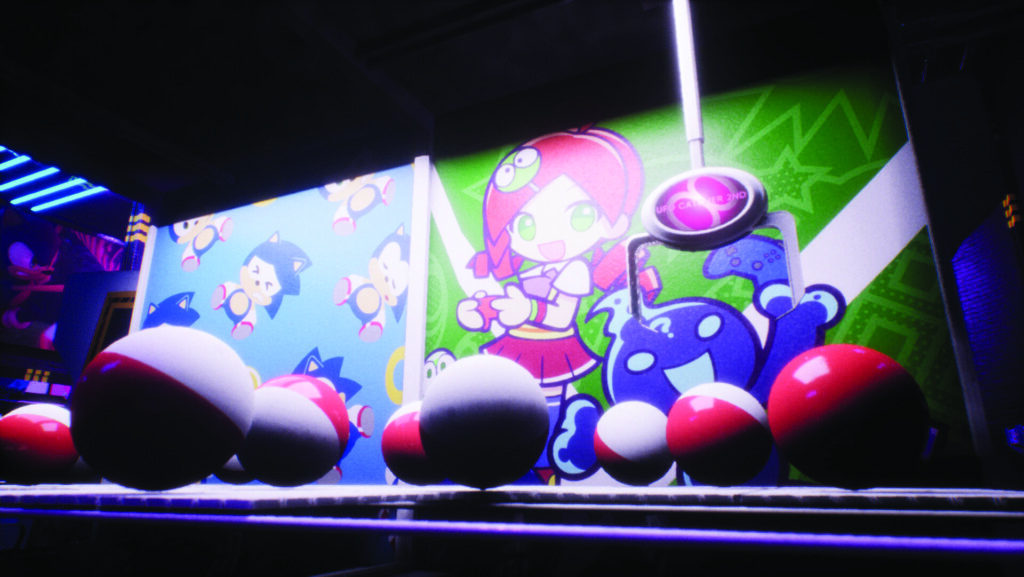
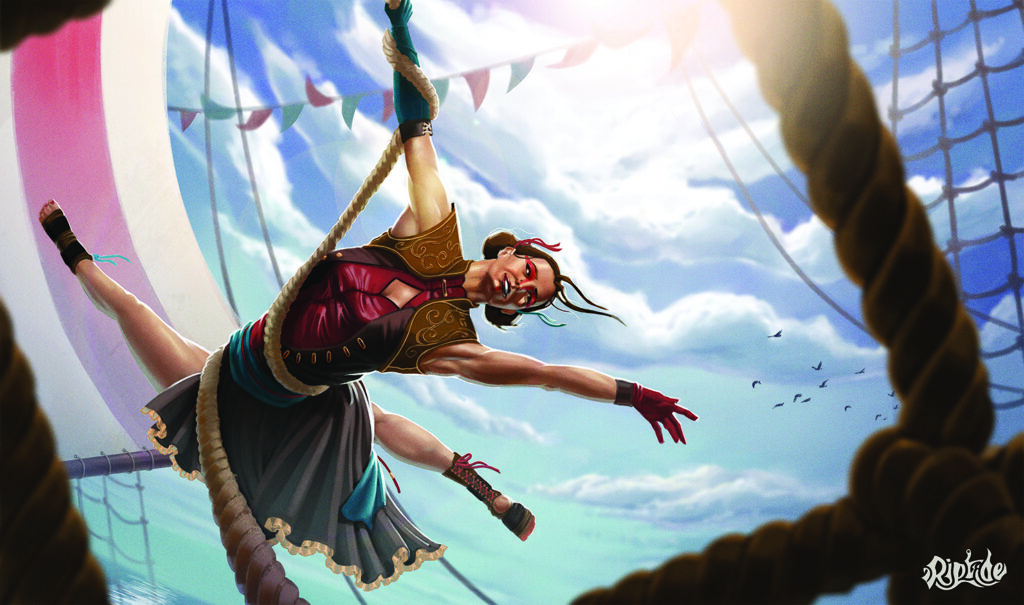
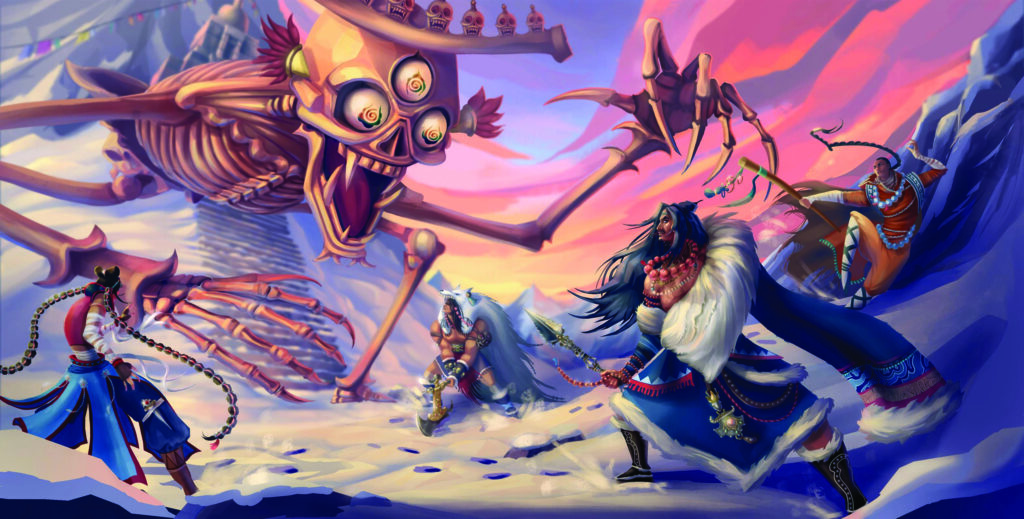
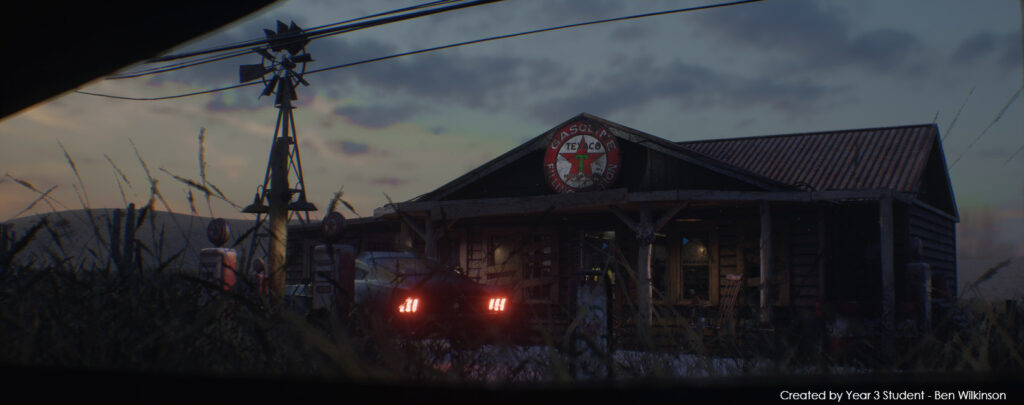
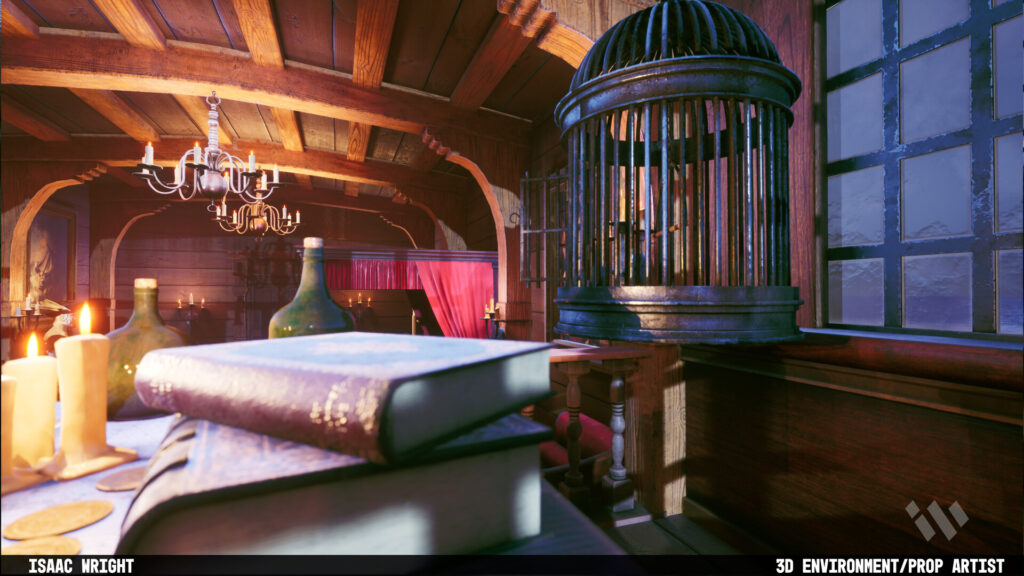
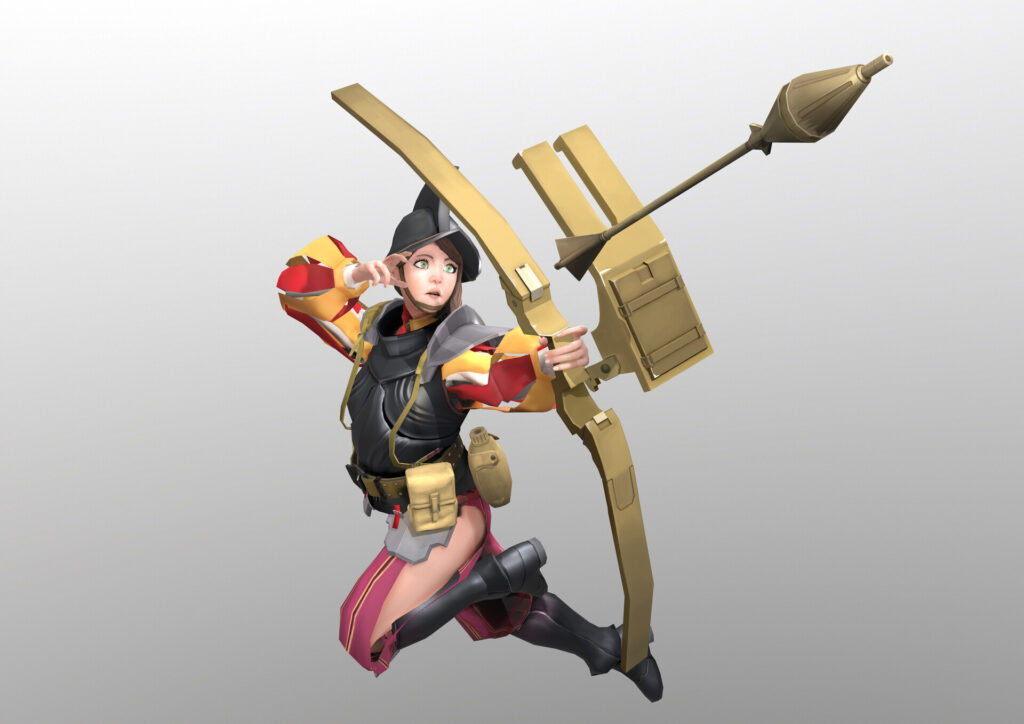
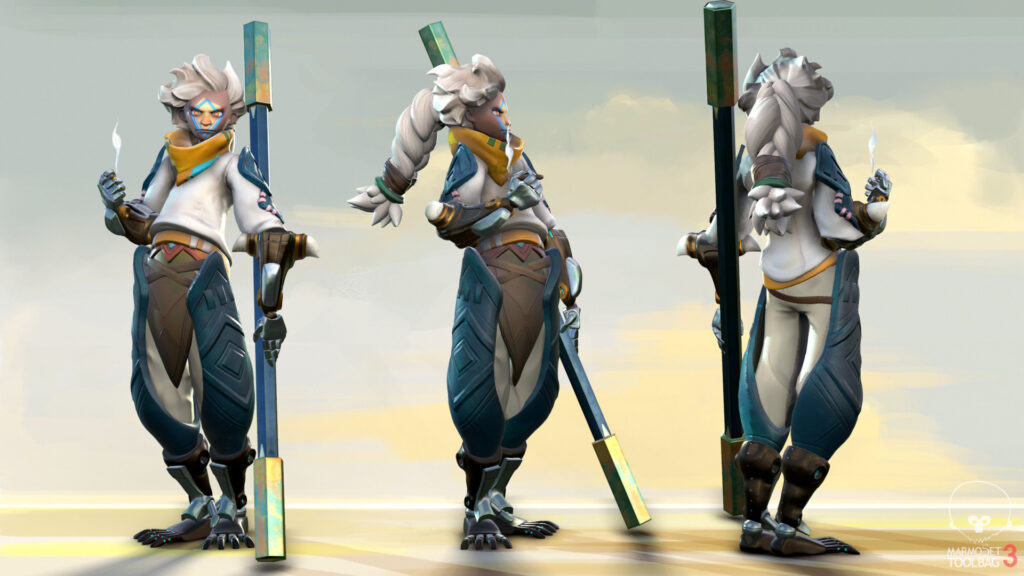
To be considered for this course, you will require 104-120 UCAS points.
This could be gained via a number of qualifications, for example:
You can apply for this course by applying directly to Futureworks. Alternatively, you can apply via the UCAS system. The UCAS codes for this course are as follows:-
UCAS Code: I620
Institution Code: F98
If you have any questions please call us on 0161 214 4602 or email admissions@futureworks.ac.uk
Successful applicants will be asked to submit a portfolio. For your portfolio we recommend including some observational drawing, ideally life drawings. Experience in digital working and animation is not necessary prior to starting the degree, but if you have explored any of these avenues already then we’d love to see them. Other than that, submit any work you are particularly proud of, between 8 and 10 pieces in total.
More information on our admissions process can be found in the Student Recruitment and Admissions Policy in the Policy Hub